Description
Description
IGF-1
IGF-1 stands for Insulin-like growth factor-1 that is a polypeptide hormone that belongs to a long group of growth factor hormone family. Produced naturally by a human being, this hormone production occurs primarily in the liver and the peripheral tissues in a small amount. IGF-1 is closely related to insulin and contains small amounts of amino acids and acts anabolic towards GH. This growth hormone plays an important factor in childhood growth and also has great anabolic effects on various parts of the human body.
By being structurally similar to insulin, IGF-1 is closely related to Human Growth Hormone, and there are many synthetically prepared IGF-1 products on the market. This hormone is primarily used to treat IGF-1 deficiency in the therapeutic setting, and is also used on patients who fail to respond to their human growth hormone, naturally. For performance enhancement, IGF-1 has become one of the most popular hormones for bodybuilders and performance athletes. Its anabolic properties have a very powerful recovery affects and are one of the favorites of many elite hardcore bodybuilders.
IGF-1 FUNCTIONS
IGF-1 is a peptide hormone that has 70 strings of amino acids and is synthetically produced in the same sequence. Its primary purpose is to enhance the growth by promoting glucose, fatty acids, and amino acids. It also affects the blood sugar levels and has the ability to lower the levels significantly, resulting in a hypoglycemic state. The fatty acids enhancement further promotes body fat, but if the diet is well-planned, this downside can convert to the upside.
IGF-1 can also increase the skeletal muscle cells and promote lean muscle tissue growth, which is a huge advantage for bodybuilders. While sharing a close relationship with HGH, it is anabolic in nature, and hence promotes protein synthesis and nitrogen retention in muscles. By creating more effective ways to utilize protein in the body, muscle growth, and lean tissue muscle enhancement is a unique function. If adequate protein is not supplied to the body with a proper diet plan, the results will not be worthy.
IGF-1 also shows tremendous promise in healing and recovery process of the bodybuilders. While improving collagen function, it also promotes stronger bones and strong muscles for proper movement.
EFFECTS OF IGF-1
IGF-1 is popular among bodybuilders for promoting off-season mass that is vital for an athlete’s physical recovery. This hormone has less effect during the cutting cycle, as it can disturb the metabolic rate of the body. While continuing the use of maintenance dose of testosterone, adding IGF-1 hormone will work wonders during the bride period (time between anabolic steroid cycles). For off-season bulking stage, it also promotes excess fat storage and maintains the balance between body fat levels.
Depending upon the different human beings and their body mass, pinning down the exact weight gain during the offseason by IGF-1 is difficult. However, according to different studies, a 15% increase in the mass has been noted by the use of this growth hormone.
The last by not the least effect of IGF-1 is about recovery. It improves the overall recovery of training activity and has a direct healing effect, which is therapeutic. The use of IGF-1 hormone can reduce the healing time of healing a joint injury or ligament tear, which is crucial for an athlete and bodybuilder’s career.
SIDE EFFECTS OF IGF-1
Like every anabolic steroid, IGF-1 also has some side effect, but they can be easily monitored with a healthy lifestyle and diet plans. The most common side effect is hypoglycemia but is extremely easy to avoid by eating adequate calories, proteins, and complex carbohydrates. Other side effects of IGF-1 are listed below:
• Hunger (highly unlikely)
• Depression
• Sweating
• Tremors
• Headache
• Anxiety
• Abnormal behavior (highly unlikely)
• Slurred speech (highly unlikely)
IGF-1 can also result in sore injected area, which you can avoid by changing the place of injection frequently. It can also thicken your facial tissue, and very high doses of this hormone can result in some change in the facial structure.
NECESSARY PRECAUTION FOR IGF- 1 STEROID USE
A dose of 40-80 mcg 1-2 times per day is sufficient for therapeutic setting and is considered a very large dose, which can lead to hypoglycemia. Start your doses from 20 mcg for first few weeks, and gradually increase the quantity and should not exceed 120 mcg. For bodybuilders and performance settings, 50-60 mcg is the recommended dose, and one can start with 15 mcg. Take IGF-1 for 2-4 weeks and then stop for another 2-4 week, to maintain the balance.
AVAILABILITY OF IGF-1 STEROID
IGF-1 is readily available on the black market and pharmaceutical industries and is prepared in its purest form. It is a perfect replica of naturally occurring 70 amino acid growth hormone, and you can get them from online steroid stores around the world.
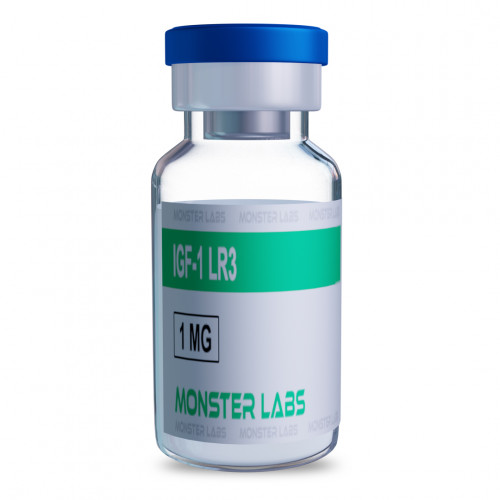
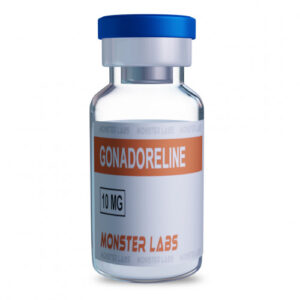
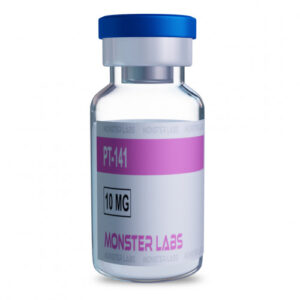
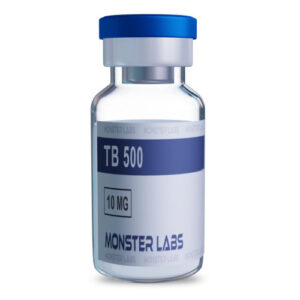
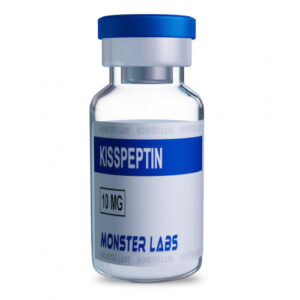
Reviews
There are no reviews yet.